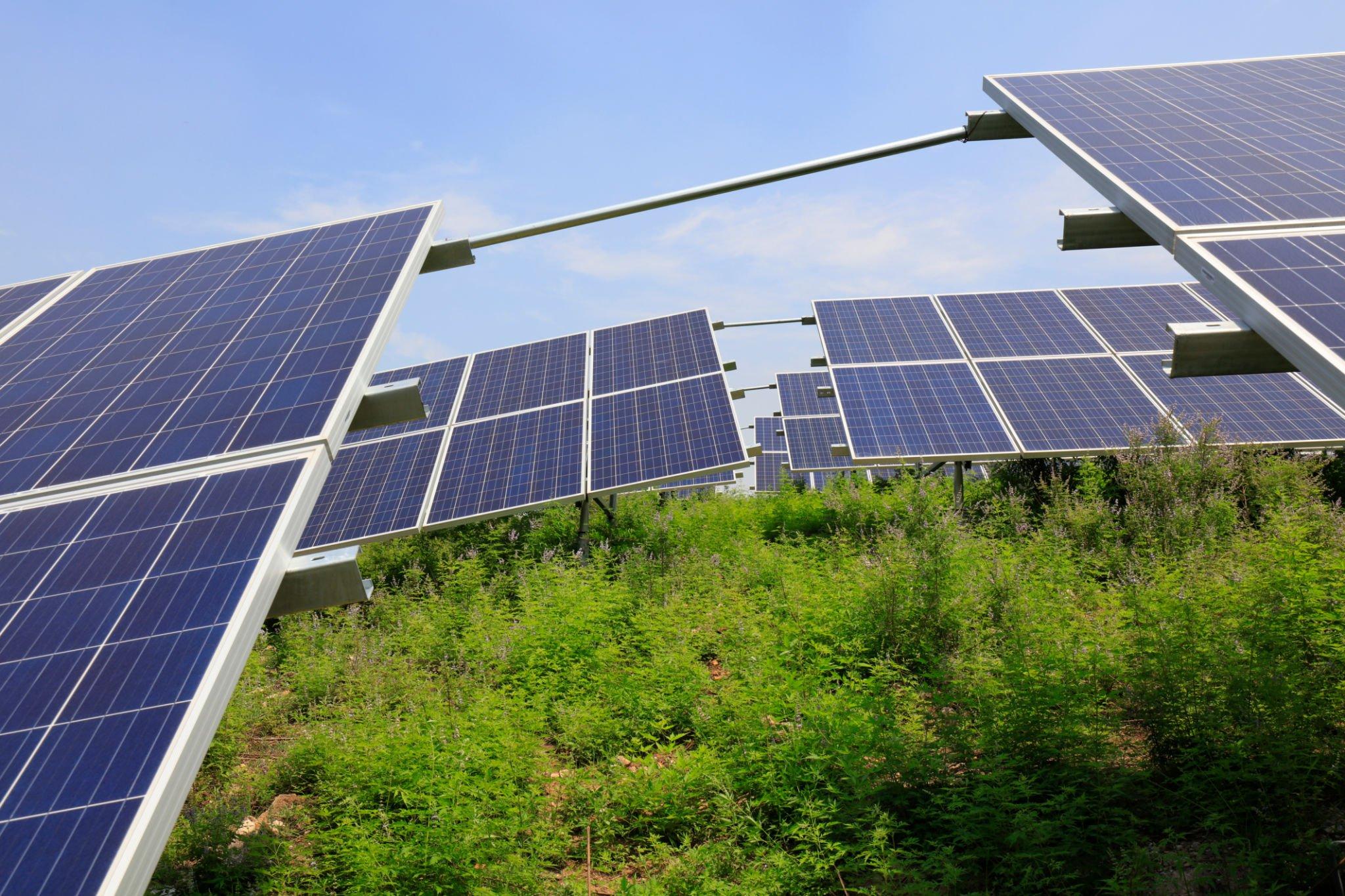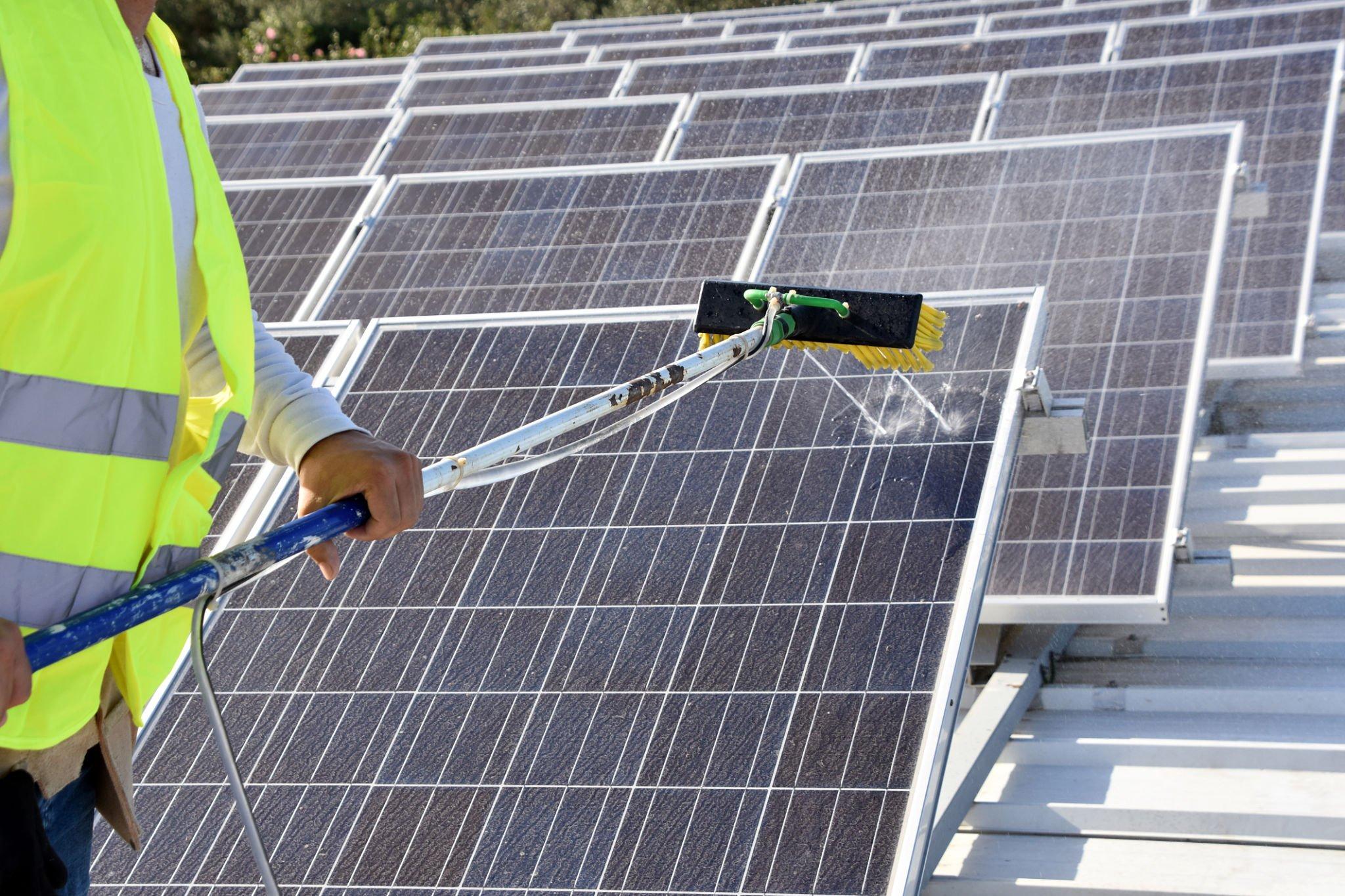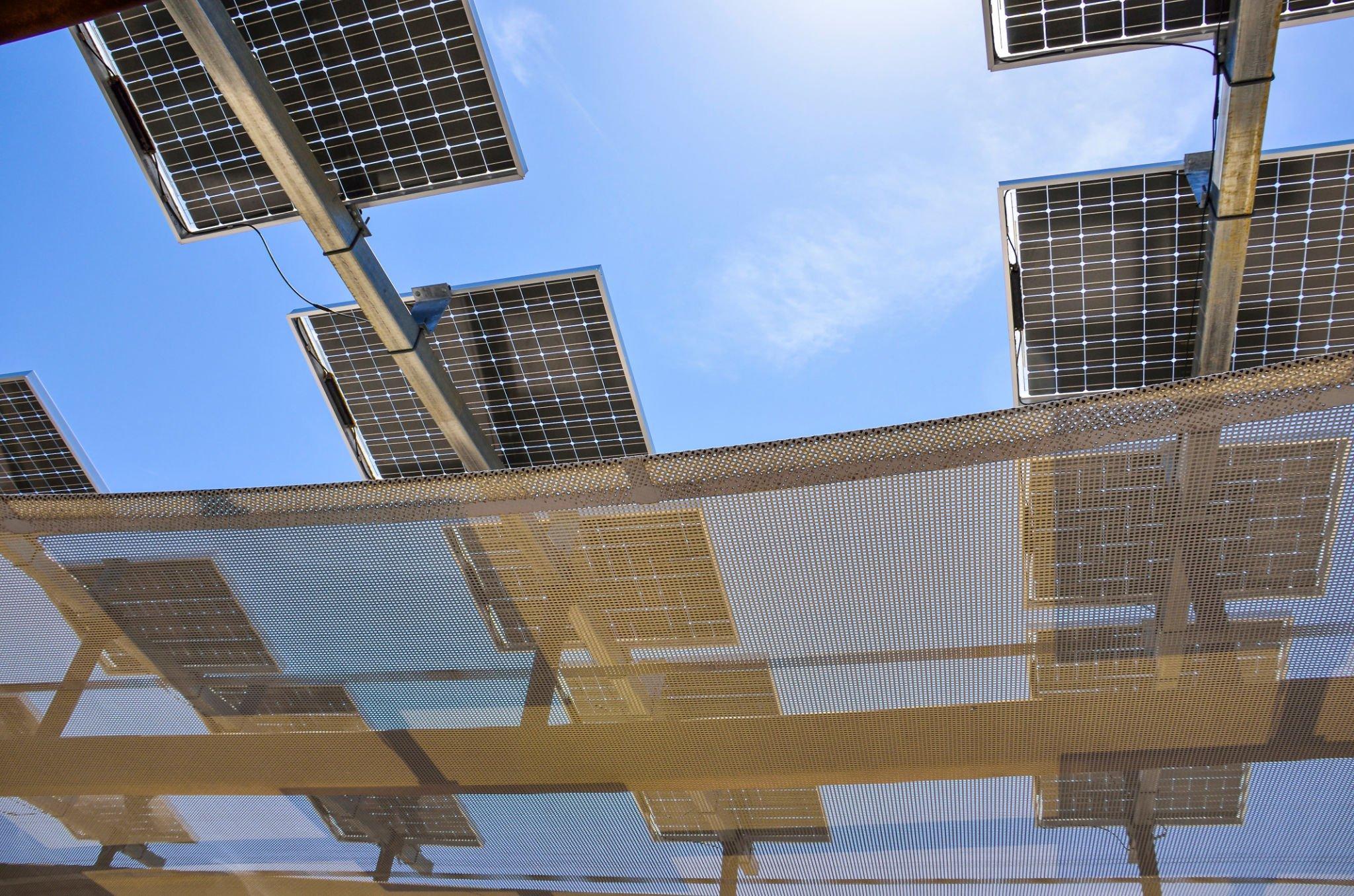
Separating Fact from Fiction: Dispelling Falsehoods About Solar Power
Solar power has emerged as a game-changer in the quest for clean and sustainable energy. However, misconceptions and false information surrounding solar power continue to persist. In this blog post, we aim to debunk some common myths and provide clarity on the facts about solar energy:
Solar Panels Don’t Generate Electricity on Cloudy Days: While it’s true that solar panels are most efficient in direct sunlight, they can still generate electricity on cloudy days. Solar panels are designed to capture not only direct sunlight but also diffused sunlight. They can convert the photons in the sunlight into usable electricity, even when the sky is overcast.
Solar Power Is Inefficient and Unreliable: One common misconception is that solar power is unreliable due to its dependence on the sun. However, solar technology has advanced significantly in recent years. Solar panels are now more efficient than ever, capable of converting a higher percentage of sunlight into electricity. Additionally, grid-tied systems allow homeowners to draw electricity from the grid when solar production is low, ensuring a consistent power supply.
Solar Panels Are Too Expensive: While the initial investment for solar panels may seem significant, it’s important to consider the long-term benefits and return on investment. The cost of solar panels has decreased dramatically in recent years, making them more affordable for homeowners and businesses. Moreover, government incentives, tax credits, and financing options are available to make solar power financially viable for a wider range of consumers.
Solar Panels Require Constant Maintenance: Solar panels are designed to be durable and require minimal maintenance. They have no moving parts, reducing the risk of mechanical failure. While occasional cleaning to remove dust or debris is beneficial, solar panels can continue generating electricity with little intervention. Most reputable solar companies offer warranties and monitoring systems to ensure optimal performance.
Solar Power Is Not Suitable for Cold Climates: Solar panels are designed to operate efficiently in a wide range of climates, including cold regions. In fact, solar panels can perform better in cooler temperatures as they are more efficient at converting sunlight into electricity. The presence of snow can be temporary, and snowfall can slide off angled solar panels or be easily removed.
Solar Energy Is Only for Residential Use: Solar power is not limited to residential applications. It is equally suitable for commercial, industrial, and utility-scale projects. Many businesses and organizations are embracing solar energy to reduce their carbon footprint and achieve long-term cost savings. Solar power is a versatile solution that can be customized to meet the energy needs of various sectors.
Solar Panels Cause Damage to Roof Structures: When installed correctly by qualified professionals, solar panels do not cause damage to roof structures. Solar installers use specialized mounting systems that are designed to protect the integrity of the roof. In fact, solar panels can provide an additional layer of protection to the roof by shielding it from the elements.
By dispelling these false facts, we can promote a more accurate understanding of solar power. Solar energy offers numerous benefits, including clean electricity generation, cost savings, and reduced dependence on fossil fuels. Let’s embrace the true potential of solar power as a reliable and sustainable energy solution.
Other News
DATA PROTECTION
WEBSITE COOKIE POLICY
Protecting the privacy of visitors to the website operated by Fellow Energy at (www.fellowsolarenergy.com) is one of our organization’s fundamental principles. This Cookie Usage Policy (“Policy”) explains the types of cookies used and their conditions to all website visitors and users.
Cookies are small text files stored on your computer or mobile device by the websites you visit.
They are commonly used to provide you with a personalized experience while using a website, improve the services offered, and enhance your browsing experience. If you prefer not to use cookies, you can delete or block them through your browser settings. However, please note that this may affect your use of our website. Unless you change your cookie settings in your browser, we will assume that you have accepted the use of cookies on this site.
1. WHAT KIND OF DATA IS PROCESSED IN COOKIES?
Cookies on websites collect data related to your browsing and usage preferences on the device you use to visit the site, depending on the type. This data includes information about the pages you access, the services and products you review, your preferred language selection, and other preferences.
2. WHAT ARE COOKIES AND WHAT ARE THEIR PURPOSES?
Cookies are small text files stored on your device or server by websites you visit through browsers. These small text files, which include your preferred language and other settings, help remember your preferences for your next visit to the site and aid us in making improvements to our services to enhance your experience. This allows you to have a better and personalized user experience during your next visit.
The main purposes of using cookies on our website are listed below:
- To improve the functionality and performance of the website to enhance the services provided to you,
- To enhance the website and offer new features through the website, personalized according to your preferences;
- To ensure the legal and commercial security of the Website, you, and the Institution, and prevent fraudulent transactions through the Site;
- To fulfill legal and contractual obligations, including but not limited to those arising from the Law No. 5651 on the Regulation of Publications Made on the Internet and Combatting Crimes Committed through These Publications and the Regulation on the Procedures and Principles Regarding the Regulation of Publications Made on the Internet.
3. TYPES OF COOKIES USED ON OUR WEBSITE
3.1. Session Cookies
Session cookies ensure the proper functioning of the website during your visit. They are used for purposes such as ensuring the security and continuity of our sites and your visit. Session cookies are temporary cookies that are deleted when you close your browser, and they are not permanent.
3.2. Persistent Cookies
These cookies are used to remember your preferences and are stored on your device through browsers. Persistent cookies remain even after you close your browser or restart your computer. These cookies are stored in your browser’s subfolders until they are deleted from your browser settings.
Some types of persistent cookies can be used to offer personalized recommendations based on your purpose of using the Internet Site.
Persistent cookies allow us to determine if a cookie created by our Internet Site exists on your device when you visit our Internet Site again with the same device. If it exists, we understand that you have previously visited the site, and the content that will be delivered to you is determined accordingly, thus providing you with better service.
3.3. Necessary/Technical Cookies
These are essential cookies for the proper functioning of the visited website, ensuring necessary services by allowing access to secure sections of the website, using its features, and navigating through it.
3.4. Analytical Cookies
These cookies collect information about how the website is used, including the frequency and number of visits, and show how visitors arrive at the site. The purpose of using these cookies is to improve the functioning of the website, enhance performance, and determine general trends. They do not contain data that can identify visitors. For example, they may show the number of error messages displayed or the most visited pages.
3.5. Functional Cookies
These cookies remember the choices made by visitors within the site, ensuring convenience for the next visit. The purpose of these cookies is to provide ease of use for visitors. For instance, they prevent the need for the site user to re-enter their password on each page they visit.
3.6. Targeting/Advertising Cookies
They measure the effectiveness of the displayed advertisements and calculate how many times advertisements are viewed. These cookies aim to present personalized advertisements according to the interests of visitors.
Likewise, they identify specific interests in the navigation of visitors and present suitable content. For instance, they prevent the same ad from being shown to a visitor in a short period.
4. HOW TO MANAGE COOKIE PREFERENCES?
You can change your preferences regarding cookie usage, block or delete cookies by changing your browser settings.
Many browsers offer options to accept or reject cookies, accept only certain types of cookies, or receive a warning from the browser when a website requests to store cookies on your device.
Furthermore, it is possible to delete previously stored cookies from your browser.
If you disable or reject cookies, you may need to manually adjust certain preferences, and some features and services on the website may not function properly as we won’t be able to recognize and associate your account. You can change your browser settings by clicking on the relevant link from the table below.
5. EFFECTIVENESS OF THE WEBSITE PRIVACY POLICY
The Internet Site Privacy Policy is dated 15/08/2023. If the entire Policy or specific articles are renewed, the effective date of the Policy will be updated. The Privacy Policy is published on the Institution’s website (www.fellowsolarenergy.com) and is made accessible to the relevant individuals upon their request.



